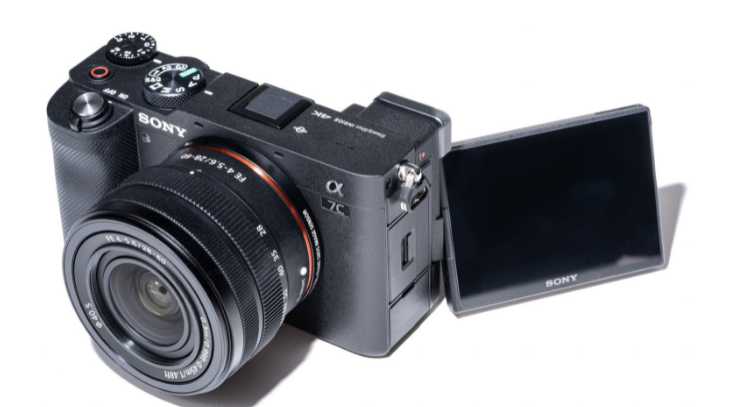There are many advantages to professional video cameras, such as image stabilisation. The lenses and sensors on these devices make them perfect for smooth, fluid motions. While professional images can be stabilized in post-production, you can’t do that without the assistance of a professional video camera. A remote control is usually included with the camera, but you can also purchase one separately. Some professional video cameras are also lightweight, making them easy to carry. Monopods and shoulder tripods are ideal for distributing the weight professional video camera and allow for quick rotation.

Professional video cameras use the same technology as consumer devices. They have a full time code section and are jam-synchronized with a master clock. They record to a professional medium (BETAcam, DVCPRO, Direct to disk recording, and flash memory). These cameras also use higher data rates than consumer devices, which make them ideal for high-quality films. A professional video camera also features high-quality film-making tools, such as a professional camera.
Professional video cameras offer the highest quality images and the most control and flexibility. They feature interchangeable lenses, high bit-rate recording, 4K resolution, wide dynamic range, and multiple memory card slots. They can also be rigged with filmmaking tools. Some professionals seek out models with built-in ND filters and high-quality audio inputs. A video camera should also be user-friendly. It is important to check for features that suit your needs and budget before buying a professional video camera.
Choosing the right camera is essential for a successful video shoot. Professional cameras offer a variety of connectivity options. Some record video onto DVDs, hard drives, and Blu-ray discs. Having more than one card slot is a great option. A dual SD card slot also helps with memory. This option allows you to record videos on both cards at once. The camera also offers additional storage for larger files, which saves time and money.
Professional video cameras offer a variety of connectivity options. Unlike consumer video cameras, they record on different types of media, including hard drives, DVDs, and Blu-ray discs. The battery life of professional video cameras depends on the type of recording they do. They can store their videos on a memory card, but they can also record to external media. There are other features that are useful in video production. There are several pros and cons to professional video cameras, but overall they are great tools for any filmmaker.
Professional video cameras are generally designed with the end result in mind. The features of a camera are important for a professional shoot. They have more memory than consumers, and a variety of connectivity options. The recording capabilities of a professional video camera vary from model to model. The most advanced models can record in HD or MP4 formats. The quality of the output can affect the price of the camera. A professional video camera can make a difference in the way it looks.